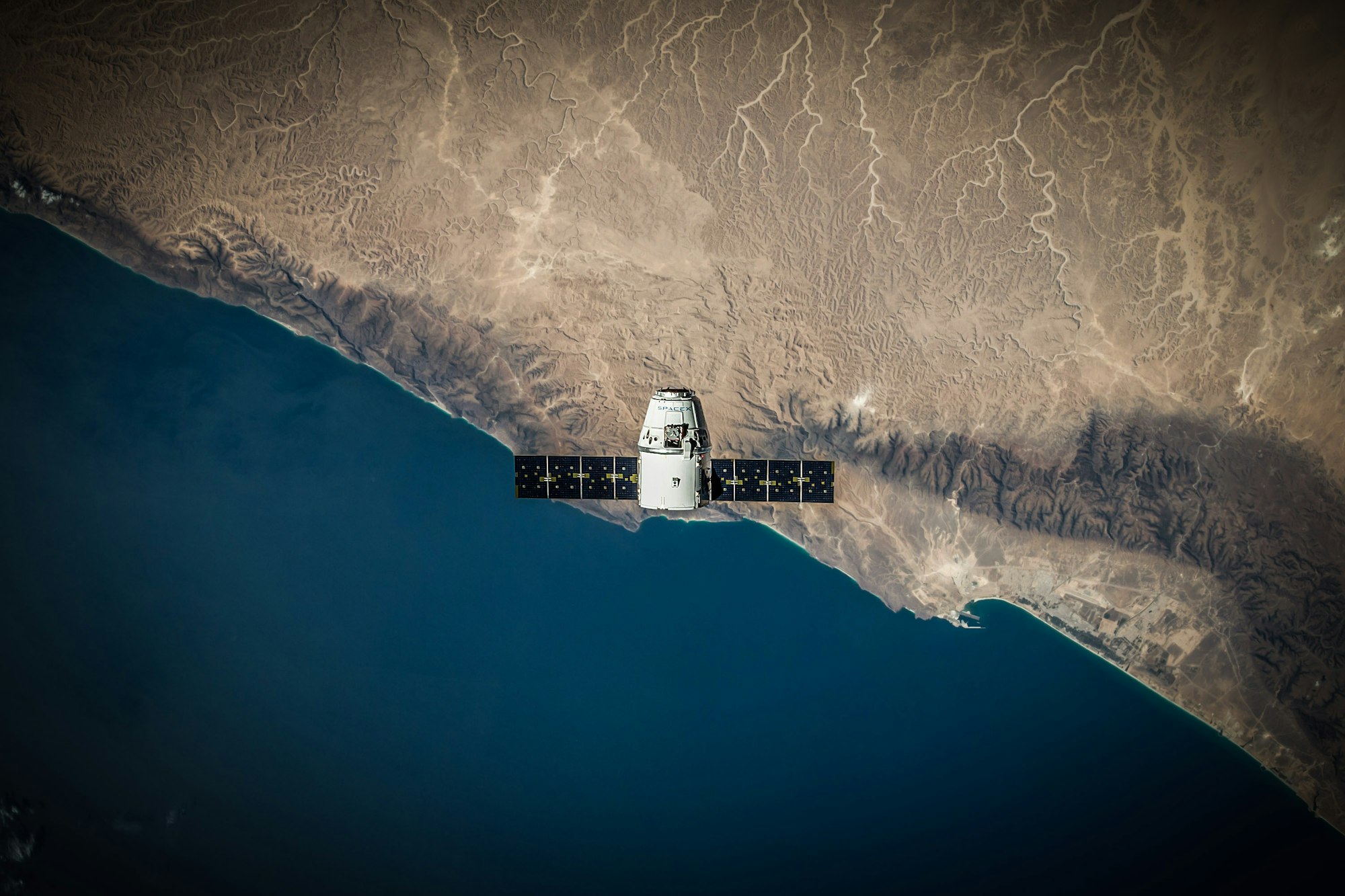The United States Space Force is slowly becoming more than just political satire, although you'd be forgiven if your mind still wandered to Steve Carrell and John Malcovich's excellent onscreen partnership, or even Chris Pratt's glow-up. Taking over from racoons and extra-terrestrial trees, the newest Guardians of the Galaxy are United States citizens who, over the last year, have completed an adapted military training programme designed to "lay the foundation of a service that is innovative and can go fast in order to stay ahead of a significant and growing threat".
Despite being the world's first and (so far) only independent space force, the United States are not alone in their ambitions. In April of this year, the United Kingdom founded Space Command, a joint command of the British Armed Forces organised under the Royal Air Force. They are joined by China, Russia, Iran, India, and France in developing integrated air and space capabilities, indicating a shared feeling that space superiority is "critical to the modern way of war".
However, the laws and norms governing military operations lack clear precedents in an interplanetary context. This deficiency has provoked some commentators to urge strategic restraint rather than superiority, arguing that diplomatic solutions be exercised before space warfare is deemed an inevitability. Yet, others suggest that preparing for this inevitability is all the more pressing considering the extent to which satellites are relied upon for both military and civilian infrastructure. These emerging debates are overlaid with the ethical implications of space exploration, presenting a set of interesting opportunities for interdisciplinary cooperation within security and defence studies.
In other news, last month played host to the annual Pride celebrations, with LGBTQI+ communities across the world marking the occasion both virtually and in person. The British Armed Forces occupy a complicated position in this regard; built upon very specific understandings of gender and sexuality, the institution has not generally been known for its tolerance of diversity and difference. For example, despite its legalisation in 1967, homosexuality remained a criminal offence in the British military until 2000. Soldiers suspected of being gay were court-martialed, jailed, subject to invasive medical examinations, stripped of their medals, and denied their pensions. These soldiers are now are calling for royal pardons and financial compensation for the negative impact of this treatment on their livelihood and private life. One such campaigner is Caroline Paige, who in 1999 became the first openly transgender officer in the British Armed Forces. However, Paige's story, which ultimately saw her keep her job in the Royal Air Force, demonstrates the positive attitudinal change occurring across the Forces in recent years. In this vein, For Queer and Country is a series of articles, videos, and conversations recorded for audio and radio broadcasts looking at the transformations of equality and diversity in the British Armed Forces. I encourage everyone to take a look, and wholeheartedly hope that these steps towards inclusivity will contribute to meaningful support for LGBTQI+ personnel both past and present.
See the full newsletter here: Air & Space Power
